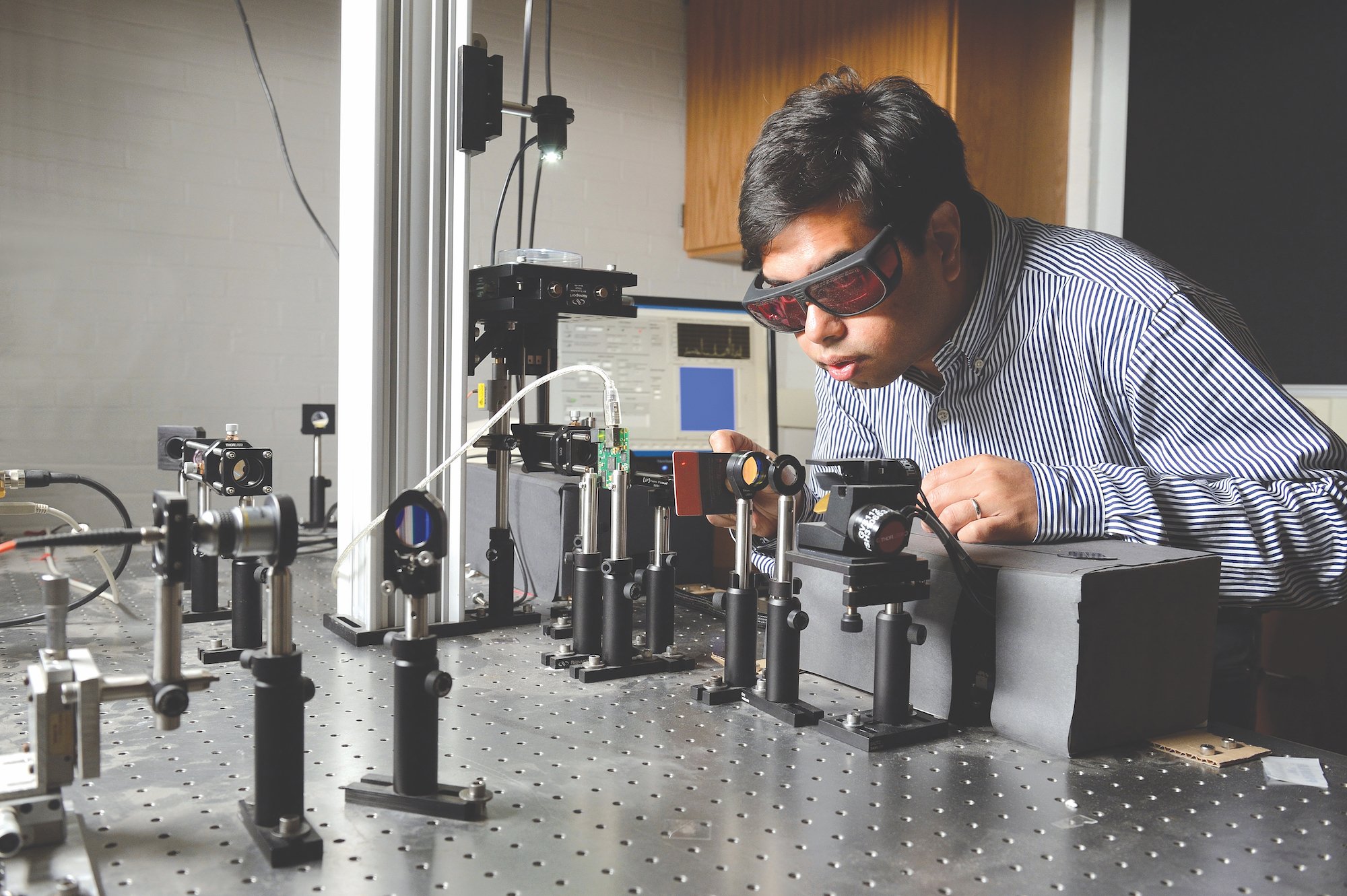
Toward More Accurate Diagnostic Testing
Molecular imaging procedures—which are noninvasive and painless—are being used to diagnose and manage the treatment of COVID-19, cancer, heart disease, and other serious health conditions.

Molecular imaging procedures—which are noninvasive and painless—are being used to diagnose and manage the treatment of COVID-19, cancer, heart disease, and other serious health conditions.

New research promises to enable more accurate ice flow predictions, helping scientists better forecast how melting glaciers will contribute to rising sea levels.
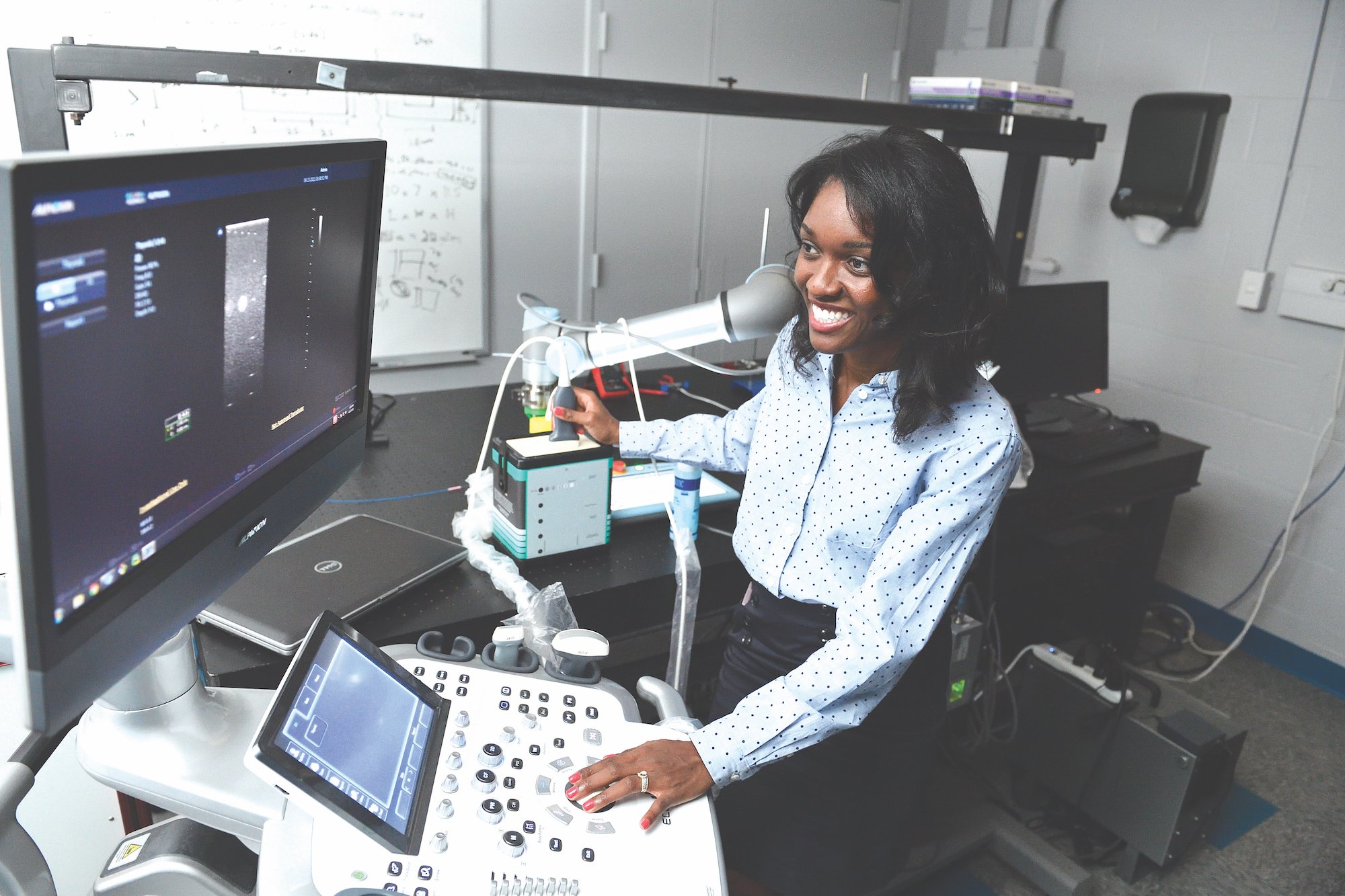
Muyinatu Bell co-authors commentary with colleagues from 15 institutions across the U.S. to shine light on funding disparities.

A team led by Johns Hopkins engineer Chao Wang has devised a way to transform trash into something of value: p-xylene, a colorless chemical liquid used in manufacturing.
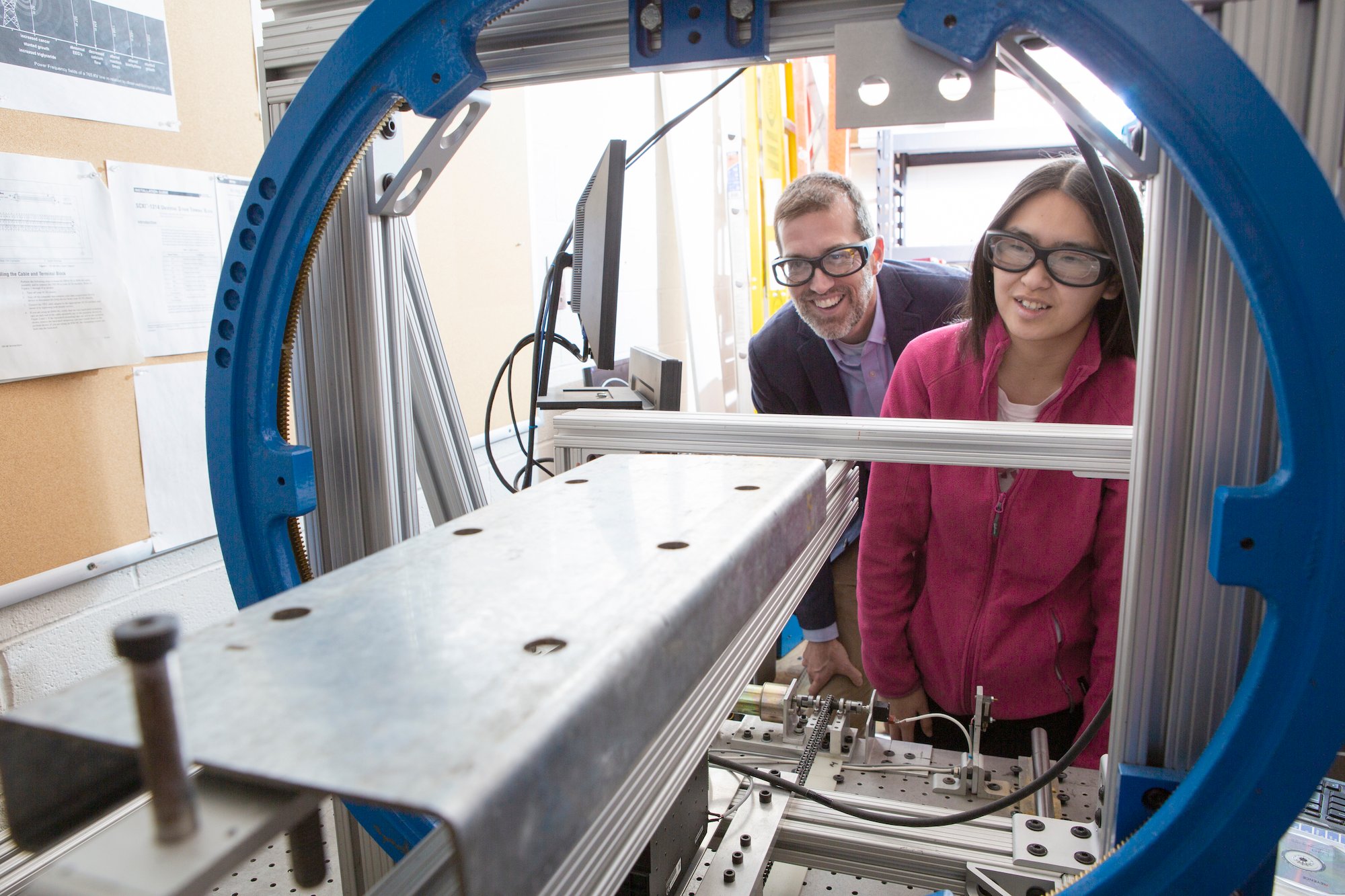
Wind turbines perched atop slender steel tubular towers have become a common sight as the nation’s renewable energy infrastructure rapidly expands, but imperfections that occur during the manufacturing process can leave them vulnerable to premature failure. A team of engineers is studying the link between the tower manufacturing processes and the structural behavior of these remarkable tubes.
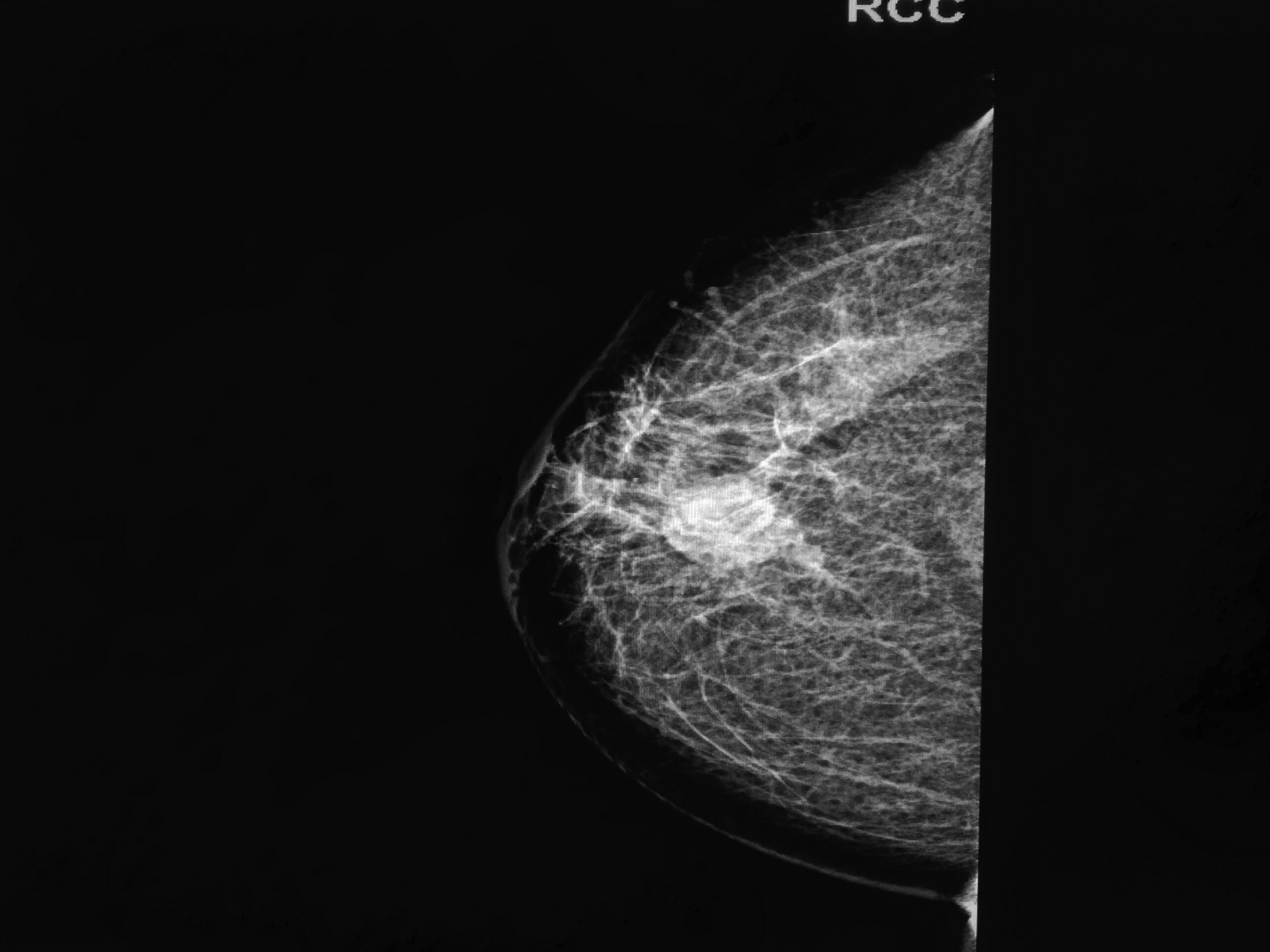
Konstantinos Konstantopoulos and a team of researchers are creating a diagnostic tool and method for predicting breast cancer metastasis by looking instead at the tumor cell phenotype.
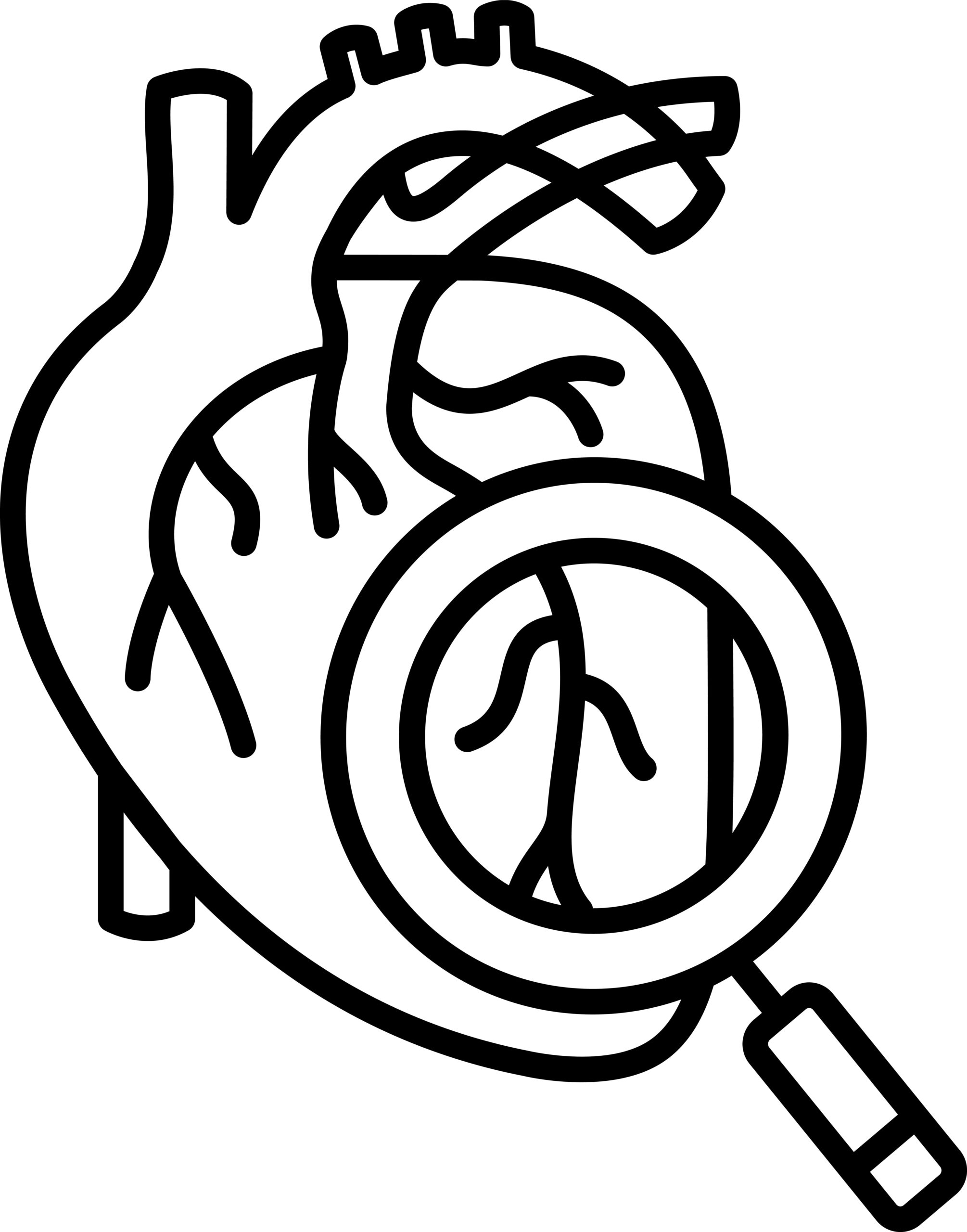
A team of Johns Hopkins University biomedical engineers and Johns Hopkins Medicine heart specialists have developed an algorithm that warns doctors several hours before hospitalized COVID-19 patients experience cardiac arrest or blood clots.

A team of Johns Hopkins mechanical engineers has put a new spin on an old idea: Make modern cargo ships more efficient—and less polluting—by adding a new mechanism to a rotor that is increasingly in use as a cleaner propulsion system.

Johns Hopkins engineers develop a testing method to identify viral infections that could harm bacteria colonies in places like the Chesapeake Bay.